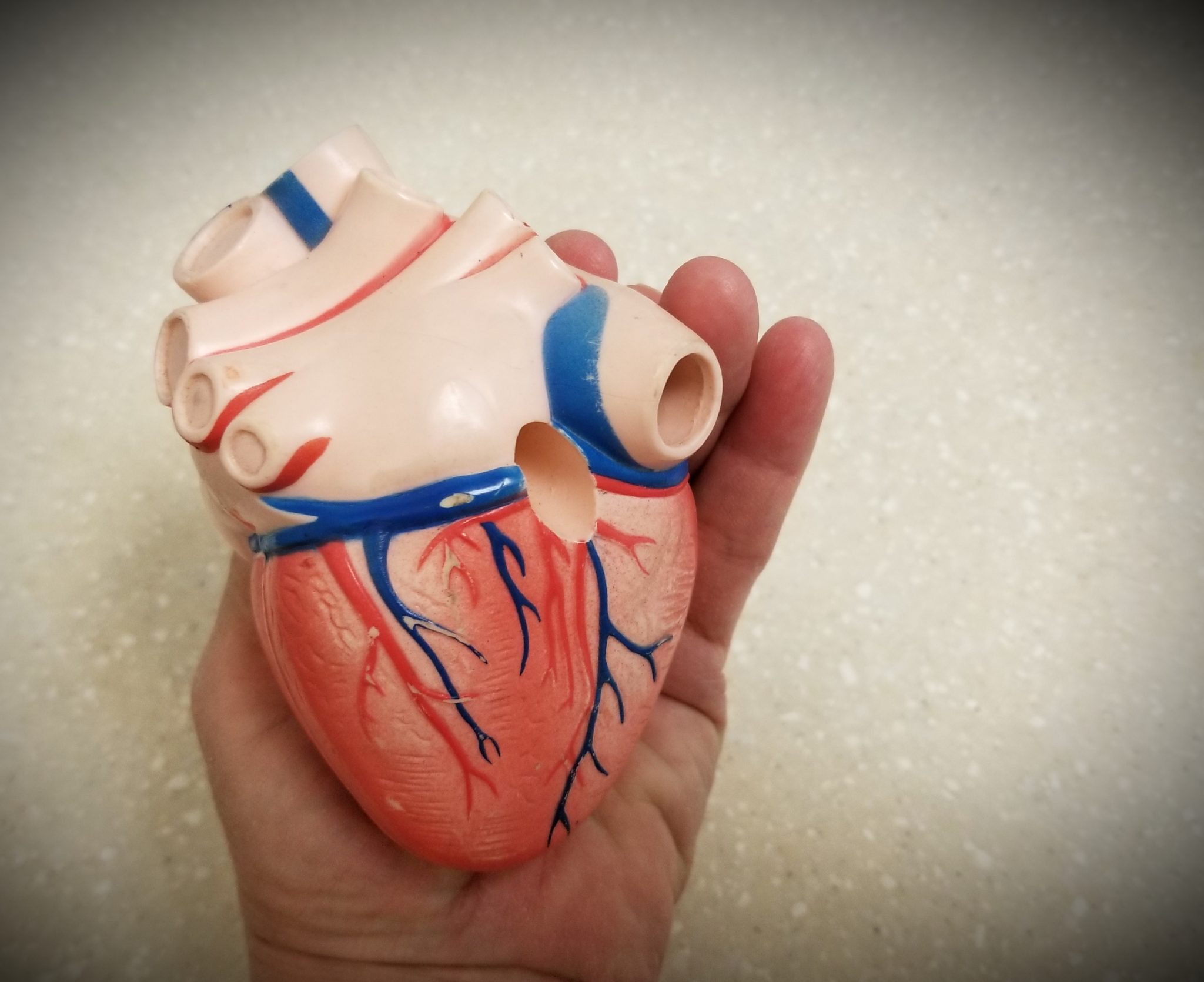What is Fish Oil, and How Can it Help Heart Health?
Fish oil is one of the world’s famous supplements used as part of a dietary program. The main component inside fish oil is omega-3 fatty acid, which is extremely beneficial for health. It does not matter if you do not eat fish, because instead of fish if you take a fish oil supplement daily, it means you are taking in omega-3 fatty acid.
Some people are extremely particular as well as worried about mercury and other contaminants in the sea, which is why they avoid eating fish. Even if it is true, eating a diet that has fish is far more beneficial than the risk of contaminants.
Omega-3 fatty acid has a lot of benefits for the body as it reduces inflammation in the body. Inflammation in the body can be extremely dangerous as it can lead to blockage of the blood vessels and eventually lead to strokes and heart attacks.
How much fish should you eat?
It is very important to include fish in your diet if you want to avoid health problems. You should eat fish at least twice a week, which is rich in omega-3 acids. Most of the seafood contains omega-3 fatty acids, but fish has the most omega-3 fatty acids, and they are extremely beneficial to heart health.
Some fish species which consist of a good amount of omega-3 fatty acids include:
- Sardine
- Cod
- Herring
- Tuna
- Lake trout
- Salmon
- Atlantic mackerel
As mentioned above, adults should intake at least 2 servings of fish in a week that is 8 ounces for two servings, 4 for each. Meanwhile, women, especially those who are pregnant or are about to be pregnant or breastfeeding their child, must eat at least 12 ounces of seafood in a week. They should, however, take care of the fact that the fish they eat should be lower in mercury contamination.
The same goes for children as well. They should also take fish, which is lower in mercury, and start with one ounce a week and then increase it gradually.
How fish oil helps heart health
With omega-3 as the main component of fish oil, let’s see how it is beneficial for the heart.
Fish oil lowers the triglycerides
This is the most amazing capability of omega-3 fatty acids that they help in lowering down triglycerides. Triglycerides is a kind of fat that is stored in the body. If the amount of triglycerides increases in the body, it can cause fat to be built up in the walls of the artery, which in turn increases the risk of strokes and heart attacks.
Fish oil reduces the risk of Arrhythmia
If the beating of your heart is abnormal, it means you are suffering from arrhythmia. Not all arrhythmia are dangerous, but some like atrial fibrillation eventually cause heart attacks and strokes. Although the intake of fish oil supplements cannot necessarily stop arrhythmia from occurring, studies have shown a reduced risk of arrhythmia in patients who had taken fish oil supplements.
Fish oil slows down the buildup of Plaque
Plaque is made up of cholesterol, calcium, and fat. When this builds up in the arteries, it can limit the free flow of oxygen-enriched blood to the body. If you take a diet that includes fish and seafood, there are more chances of you not facing heart problems. The best thing about fish is that they are very low in saturated fat and high in omega-3 fats.
Omega-3 fatty acids prevent inflammation as well as have anti-oxidant properties, and they improve the function of the endothelial cells, which are located on the lining of the blood vessels. The intake of omega-3 fatty acids will not cause any cardiovascular diseases.
Fish oil helps in lowering the blood pressure
One of the main causes of heart attack is high blood pressure. Taking omega-3 fatty acids can help keep the blood pressure at the normal level. Studies conducted on different people showed the results that both systolic blood pressure and diastolic blood pressure have reduced down due to the intake of omega-3 fatty acids.
How to incorporate fish oils in your diet?
There are many ways as to how you can inculcate fish oil in your diet. Apart from omega-3 supplements, there are many ways to increase your omega-3 fatty acids. Some of the foods which are rich in omega-3 fatty acids include:
- Walnuts
- Tofu
- Chia seeds
- Flaxseed oil
- Ground flaxseeds
- Soy oil
- Soybeans
Apart from this, some foods rich in omega-3 fatty acids include eggs, juices, milk, soy drinks, and infant formulas. If you do not like to take supplements that contain fish oil, then you can have a look at these foods and include them in your diet.
The bottom line
You need to understand that even though omega-3 does help heart health, it is not the only thing that is enough. Apart from taking a healthy diet, there are other things you need to do as well. These include some preventative measures such as a healthy diet, exercising, and regular visits for a check-up to the doctor.
You should also ask your doctor and consult before starting any omega-3 fatty acid supplements so that they do not interfere with any other kind of medications you might be taking in. If you feel that you need a checkup for your heart health, you can visit us at South Florida Cardiovascular Specialist and get your heart health checked in properly.
Fish oil and its supplements greatly improve heart health, and they are extremely beneficial. On the first choice, try to include foods in your diet that are rich in omega-3 fatty acids. Even then, if you think you need to include in more omega-3 fatty acids in your diet, then consult your doctor and start fish oil supplements.





